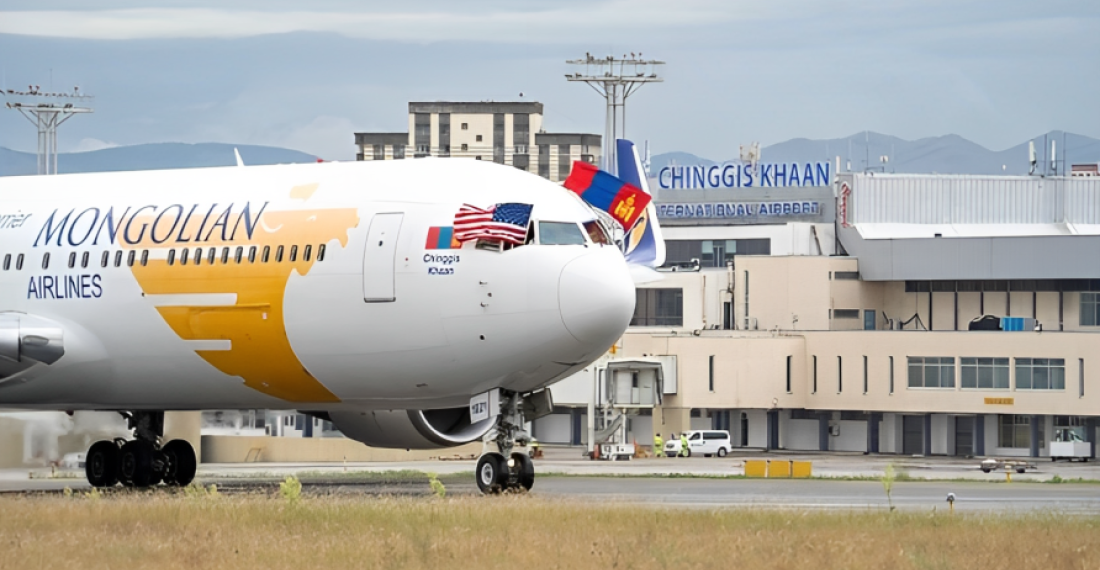Mongolia and the United States of America have agreed to establish direct air travel routes.
Meeting in Washington DC on Tuesday (24 January), Deputy Assistant Secretary of the U.S. Department of State’s Bureau of Economic and Business Affairs Richard T. Yoneoka, and Mongolian State Secretary of the Ministry of Road and Transport Development Batbold Sandagdorj, signed a Memorandum of Consultations finalising the first ever bilateral air transport agreement between the two countries.
According to an announcement posted on the website of the U.S. Embassy in Mongolia, the agreement between Mongolia and the USA "includes unrestricted capacity and frequency of services, open route rights, a liberal charter regime, and open code-sharing opportunities".
The agreement will also "immediately expand our strong economic and commercial partnership, promote people-to-people ties, and create new opportunities for airlines, travel companies, and customers".
Mongolia's international air travel connections remain limited. The least densely populated country in the world currently has direct air routes to only two European cities - Frankfurt and Istanbul - and to a handful of nearby Asian nations including China, South Korea, Japan, Vietnam and Thailand.
source: commonspace.eu with U.S. Embassy in Mongolia
photo: AKIpress







